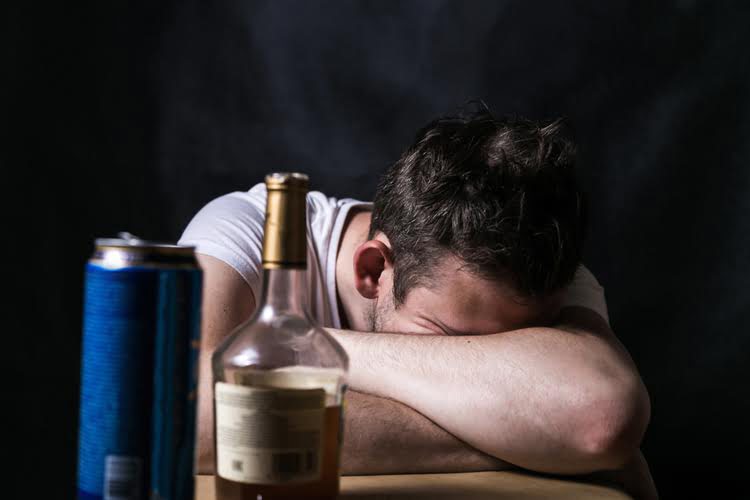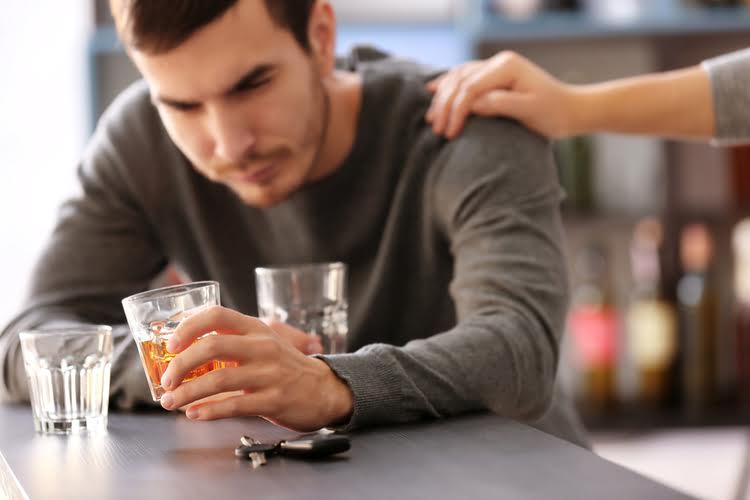Alcohol and blood thinners both have effects on the body and combining them can potentially increase the risk of bleeding. Alcohol is known to have blood-thinning effects, and combining it with medications that also thin the blood, such as anticoagulants, can increase the risk of bleeding complications. When alcohol is included in the mix, it can alter how thin your blood is and also change how active the medication is. This ultimately affects the delicate balance that doctors hope to achieve while using blood thinners. Depending on how this interaction works, it could cause the blood to become too thin, creating a high risk for bleeding from minor injuries.
Top doctors in ,
The sticky platelets immediately clump together, creating a clot that stops the bleeding. Fibrin builds a mesh that stabilizes the damaged blood vessel, strengthens the clot, and prevents ongoing bleeding while the wound heals. If you’re taking warfarin, do not drink more than 1 or 2 alcoholic drinks a day and never binge drink. This complication is usually only seen with long-term use of heparin (more than one month). It happens because heparin decreases the formation of new bone cells and increases the rate at which old bone cells are naturally broken down by your body. Some individuals may experience allergic reactions to blood thinners, leading to symptoms such as hives, itching, and difficulty breathing.
- The prescribing information for Eliquis does not warn against alcohol use.
- It happens because heparin decreases the formation of new bone cells and increases the rate at which old bone cells are naturally broken down by your body.
- Even if you don’t consider yourself a heavy drinker, regular alcohol use can impact negatively your blood-thinning medication.
- Many studies suggest that moderate alcohol consumption has a protective effect on your heart and blood vessels.
- This may result in unpredictable variations in drug levels in the body.
Start Your Recovery Journey Professional Alcohol Treatment Awaits.
- Make sure your doctor knows all the medicines and supplements you take so they can help make sure you don’t have interactions.
- This includes procedures used to diagnose other conditions, such as an endoscopy or cystoscopy.
- Since the liver is central to processing both alcohol and blood thinners, liver damage from heavy drinking can further complicate how these drugs work.
- This literature review is the foundation of the current alcohol consumption guidelines.
- Dr. Beth Dunlap, a board-certified addiction medicine and family medicine physician, and is the medical director at Northern Illinois Recovery Center.
Medicines you get over the counter may also interact with your blood thinner. Following is a list of some common medicines that you should talk with your doctor or pharmacist about before using. Seeking professional help becomes extremely important in such situations. Addressing addiction not only blood thinners and alcohol helps in reducing these immediate health risks but also opens the path to a healthier lifestyle. It can make your blood too thin and lead to hemorrhages, stroke, and if not treated, death.
When should I see my healthcare provider?
You may have a higher chance of getting clots in the veins in your legs after a hip or knee replacement. This is called deep vein thrombosis, which can cause a pulmonary embolism, which is when a blood clot breaks off your blood vessel and travels to your lungs, where it gets stuck. But anticoagulants can help prevent deep vein thrombosis after surgery. Keep a close eye on any signs of bleeding or drug addiction treatment unusual bruising while consuming alcohol and taking blood thinners.

It’s a question many people ask, and the answer might surprise you. Alcohol’s potential health benefits are increasingly being questioned. Having four or more drinks weekly significantly raises your risk of cardiovascular disease, cancer, and mortality. Moderate drinking may help maintain your good cholesterol levels, but drinking can also increase levels of bad cholesterol and triglycerides. The best way to lower your cholesterol is with a heart-healthy diet, regular exercise, and maintaining a healthy weight. Alcohol can increase blood pressure, damage your heart, cause strokes, and has an unpredictable blood-thinning effect that you can’t rely on.
- Moderate drinking may be able to lower the risk of clotting but it only does so for a short period of time.
- In fact, more than 2 million people take blood thinners every day to keep them from developing dangerous blood clots.
- This article explores how alcohol affects the ability of the blood to clot.
- Alcohol makes warfarin either too strong (risking bleeding) or too weak (risk of blood clots).
Can You Drink Alcohol With Elquis?
This includes prescription medicines, medicines bought over the counter without a prescription (such as aspirin), and any herbal remedies (such as St John’s Wort). If you’re taking anticoagulants, you should speak to your GP, anticoagulant clinic or pharmacist before taking any other medicine, remedy or supplement. Taking anticoagulant medicines can make you more prone to bleeding if you’re injured. Because research suggests that alcohol may thin the blood, people need to avoid consuming any before undergoing surgery.

When is warfarin prescribed?

Occasional, moderate consumption might be permissible under careful medical advice, but any signs of unusual bruising or bleeding should be reported to a healthcare provider immediately. As many as three million people take blood thinners each year, but some may not be aware of how these medications interact with substances like alcohol. On their own, blood thinners can create a number of health risks and increase the chances of serious bleeding. When combined with alcohol use, however, the risks become much more severe. Navigating the world of medications and lifestyle choices can be tricky.
